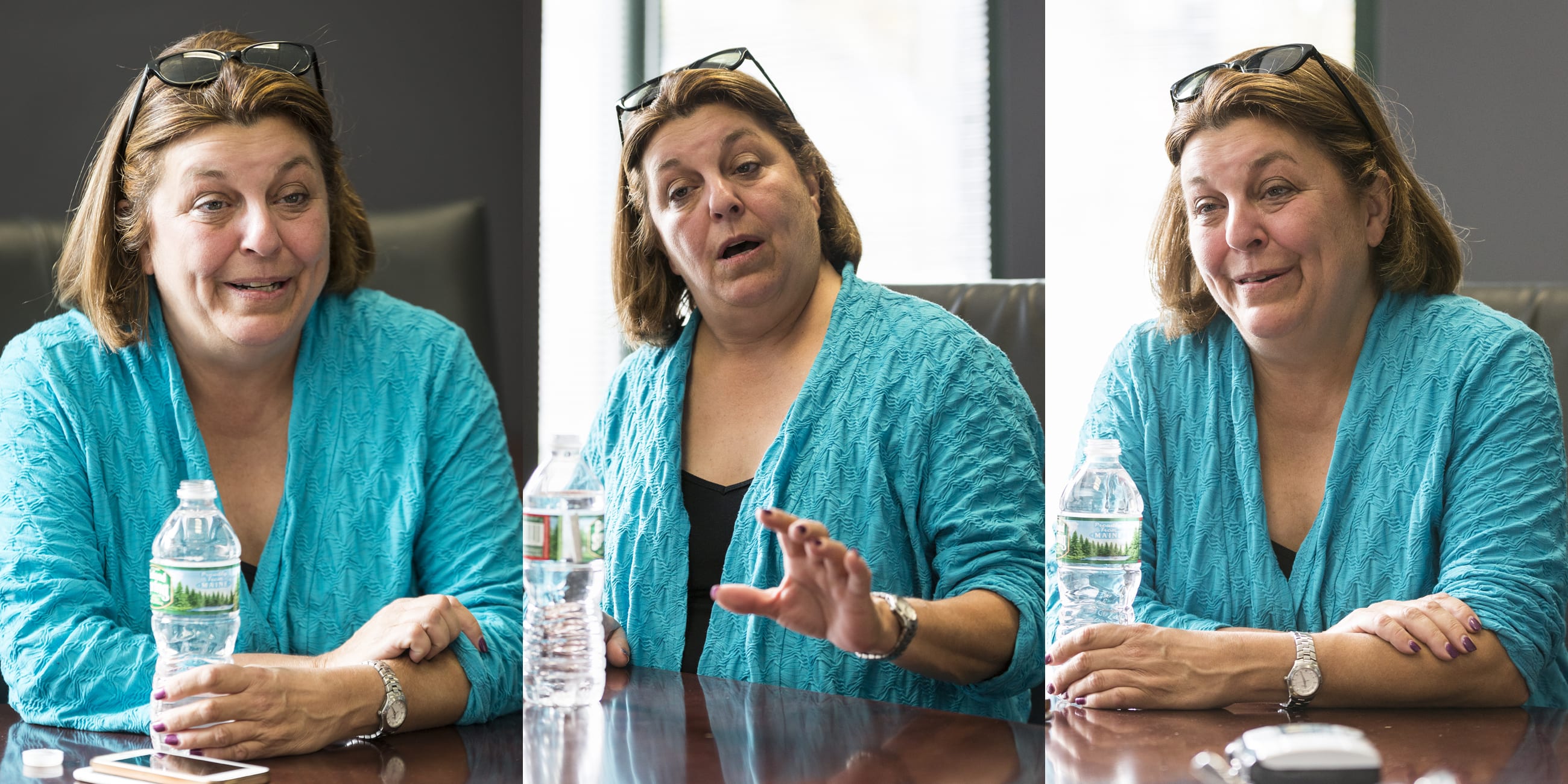LYNN — Mayor Judith Flanagan Kennedy knows there’s just a week left to convince voters to re-elect her to a third term.
In the September primary, state Sen. Thomas M. McGee defeated Kennedy by a margin of 72 to 28 percent. The rematch is set for next Tuesday.
“I don’t think the primary vote reflected the actual feelings of Lynn voters,” she said. “Those results were anomalous.”
Kennedy, 55, met with The Item’s editorial board Tuesday and said most voters think she’s been good for the city.
“The people who appreciate the work I’ve done are not necessarily in tune with the political calendar,” she said.
In contrast to the primary, the mayor said she plans to get out the vote for the final.
When asked to describe what’s better about Lynn since she was elected eight years ago, Kennedy said people come to the city now to dine and to be entertained; homeowners have seen their home sales rise by more than 23 percent since 2010; and the perception of the city is changing.
Renovating the Lynn Veterans Memorial Auditorium has helped change people’s perception of the city, said Kennedy. By leading the charge to renovate the space and and contracting with Ticketmaster, Kennedy said she helped to expand the number of shows from four in 2009 to 60 this year. The addition of eateries in the downtown restaurants such as Rossetti Restaurant and R.F. O’Sullivans have contributed to make Lynn a destination, she said. In addition, the street sweeping program in the downtown has made the district cleaner.
Kennedy said one of the biggest differences between her and McGee is the mayor’s reluctance to raise taxes. McGee has introduced a measure on Beacon Hill to expand tolling on portions of Routes 2, 128, I-93 and I-95 to pay for the state’s crumbling infrastructure. The controversial proposal, which could raise as much as $8 billion annually, would be used for the state’s transportation system.
But Kennedy said before new tolls are considered, lawmakers on Beacon Hill should consider cutting programs to pay for infrastructure improvements.
“I’ve never once heard or seen any proposal to cut spending in order to have more money for infrastructure,” she said. “The word ‘investment’ means more taxes and fees.”
Despite the city’s budget deficit, which has been pegged at as much as $8.6 million, Kennedy rejected any suggestion Lynn would be placed in receivership. In that scenario, lawmakers would appoint a panel to make financial decisions for the city.
The net school funding debt which put the city on a four-year payment plan is nearing an end, so is the $2.8 million in payments for 2015 snow removal, and the school population seems to be stabilizing, she said.
“I don’t see the need for receivership,” she said. “That’s part of the-sky-is-falling mentality. The worst of the tough economic times are behind us.”

